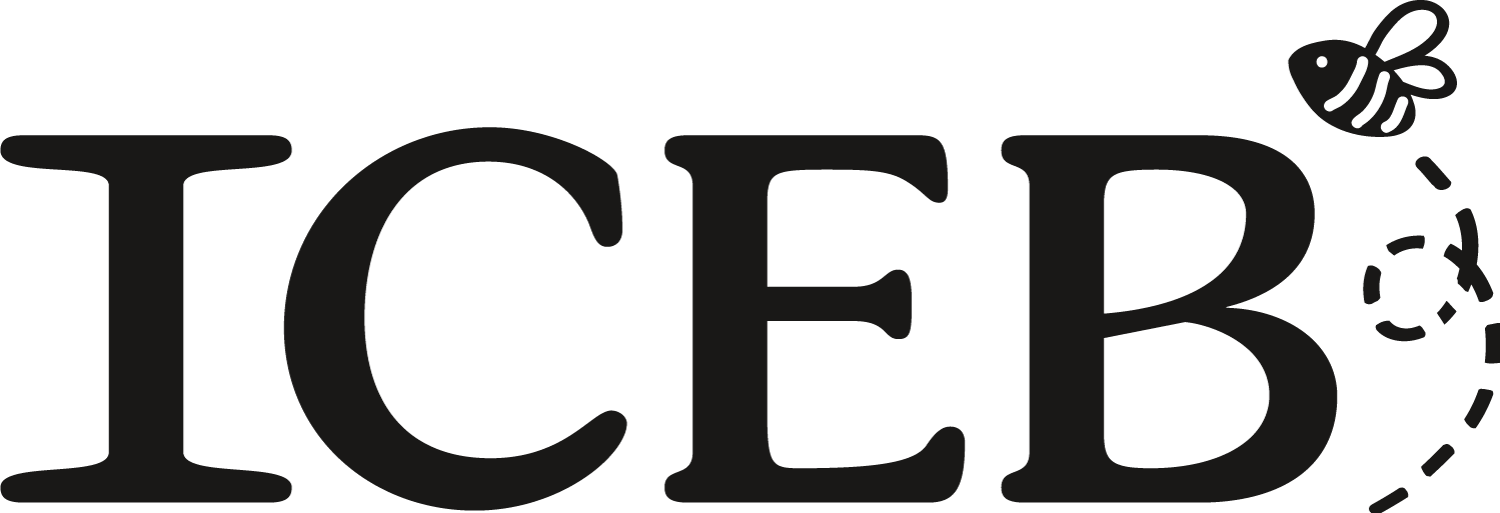People
Current members / Alumni
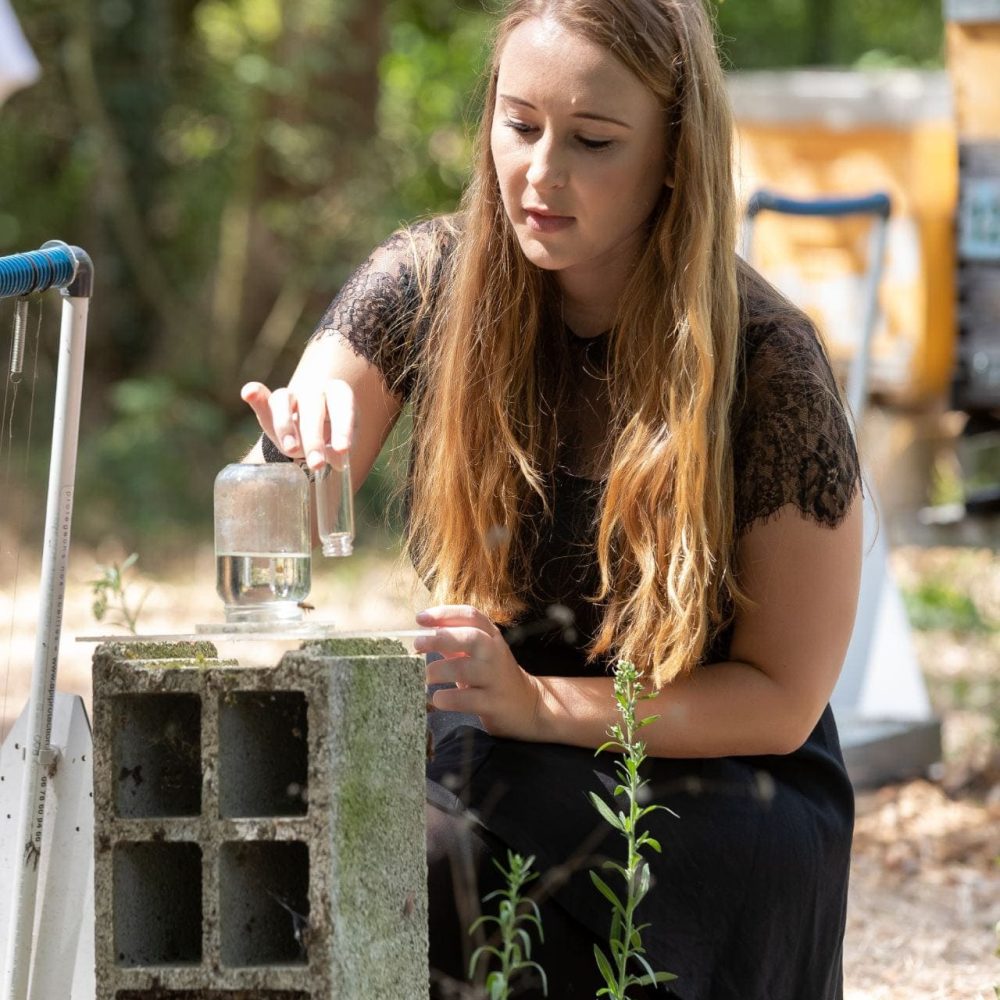
Scarlett Howard
Group leader
Scarlett is a lecturer and research group leader in the School of Biological Sciences. Her research spans cognition, behaviour, pollination, ecology, zoology, neurobiology, environmental change, and bio-inspired solutions.
She predominantly works with bees and other insects to explore the cognitive abilities of miniature insect brains. Her work on honeybee cognition and pollination spans between collaborations across the world.

Leslie Ng
Research officer
Leslie recently completed his PHD at the University of Melbourne (2023) and is interested in all things insect cognition. He especially loves to chat about honey bee behavioural training, time sense and numerical cognition.

Aislinn Primmer
PHD student

Sesa Singha Roy
PHD student
Sesa is currently pursuing her PhD, focusing on studying insect interactions with their environment by utilizing online images. With a background in computer science, she aims to incorporate concepts from computer vision and machine learning to analyze these images. Sesa finds great interest in discussing how computer science and insect ecology can be combined to enhance our understanding of insect behaviour and their ecological relationships.
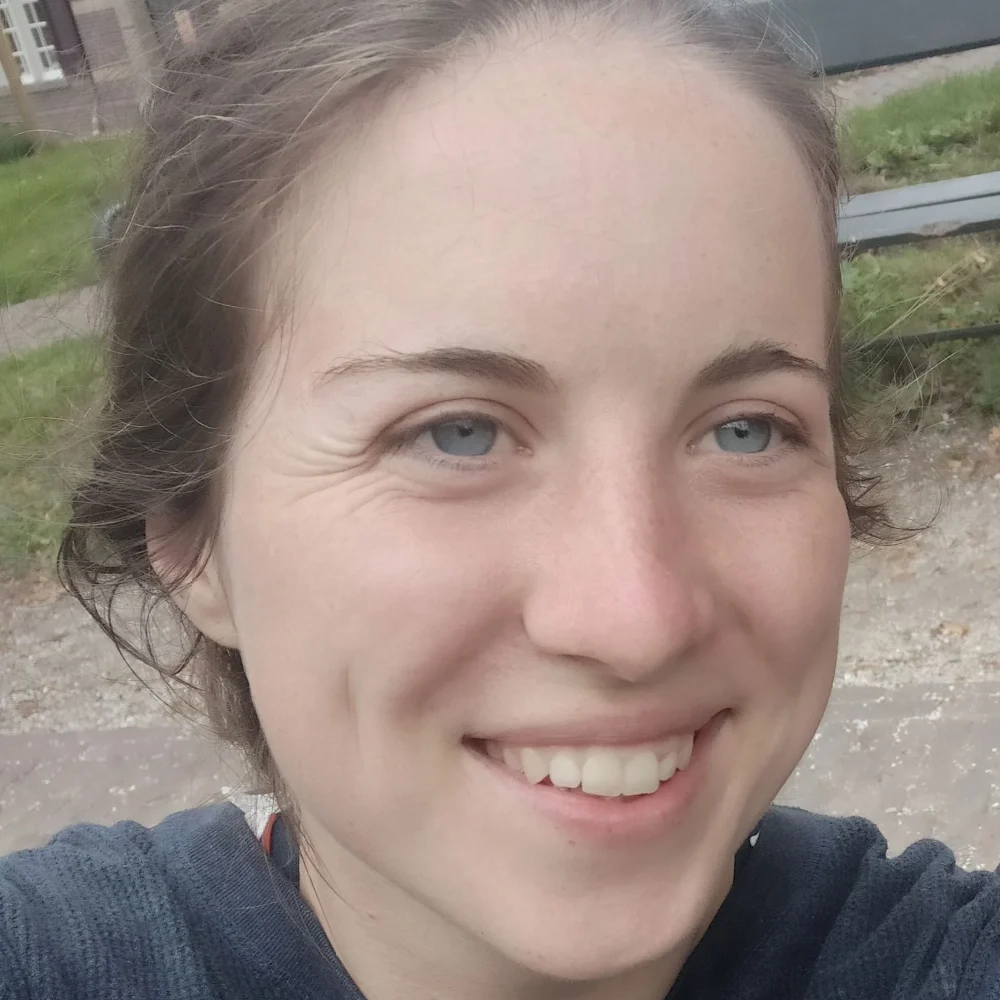
Elena Kerjean
PHD student
Elena is currently doing her PHD on honeybee numerical cognition and is interested in the complex cognitive abilities of these fascinating insects. She has a background in neurobiology (sleep & memory) and primate behavior (social learning) and loves to interconnect these different subjects together. Elena thrives on discussions of science and the fascinating world of animal cognition inside and outside the academic world.

Robert Moore
PHD student
Rob is currently doing his PhD, where he studies morphological changes through time. He is utilizing native bee specimens from the Melbourne Museum and wants to discover if climate and land use affects short term changes in morphology and ultimately the effect on pollination and distribution of native bees in Australia. He also enjoys photography and is often out taking photos of birds and bees.
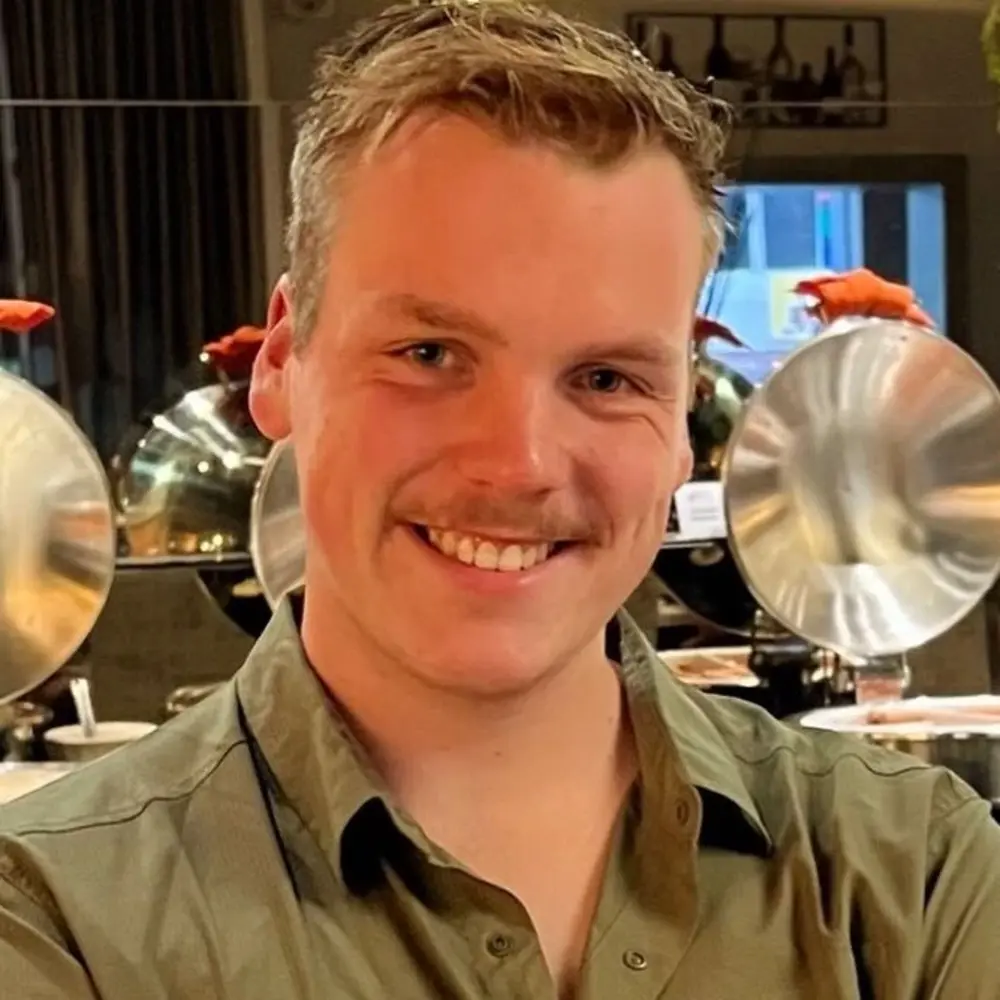
Jack Williams
Honours student
Jack is currently finishing his Bachelor of Science at Monash (2023). His honours research focuses on native bee foraging, flower preferences and pollination. Jack’s research interests are behavioural ecology and ecosystem adaptations to a changing environment.
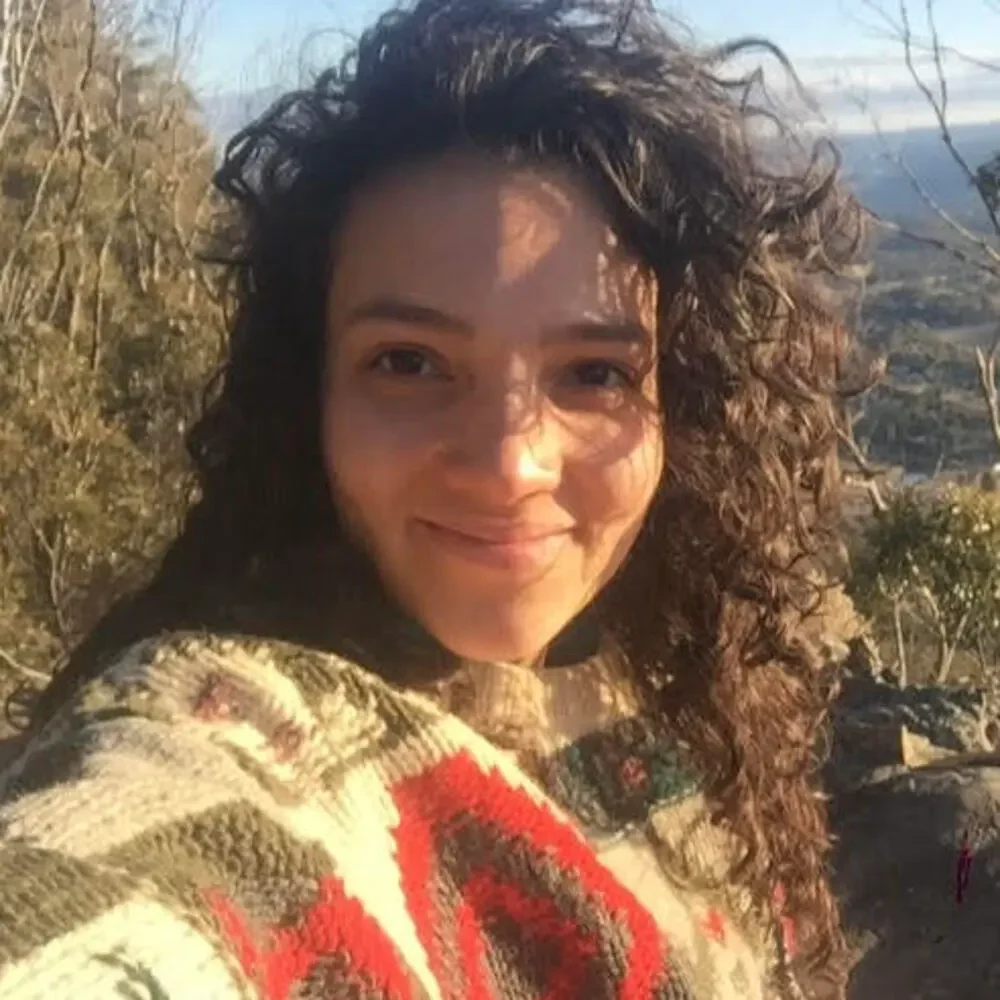
Olivia Rumbold
Honours student
Olivia is currently completing her Bachelor of Science at Monash (2023). Her honours research focuses on honeybee cognition and pattern learning abilities. Her research interests are understanding the cognitive limits of a species, along with understanding the effects of changing environments on animal behaviour.
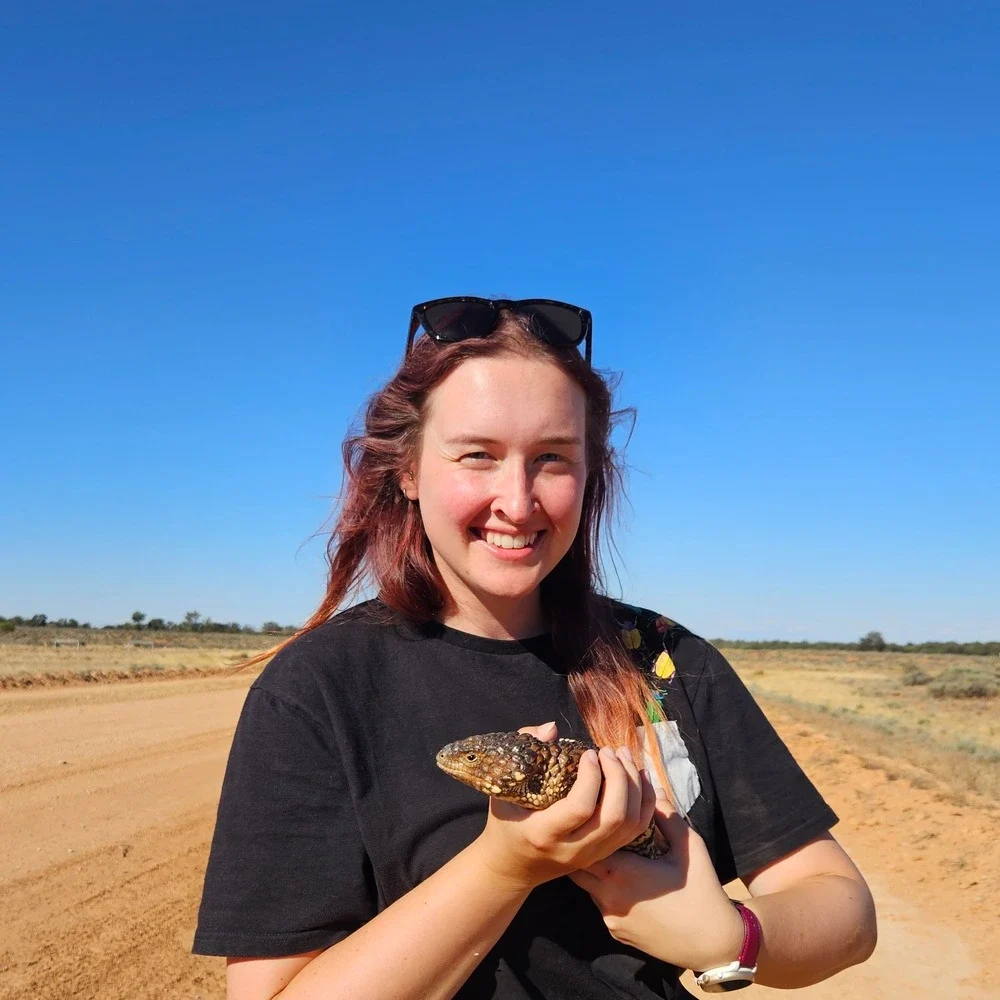
Jess Herbert
Phd student
Jess is pursuing a PhD in Australian native bee cognition, focusing on the effects of climate change. They also recently completed a Masters of Research at Macquarie University, focusing on the effects of ant-mimicry on jumping spider behaviours.

Laure Tosatto
Postdoc
Laure completed her PhD in 2022 at Aix-Marseille University, France. She has a background in cognitive psychology and comparative cognition in primates (associative, statistical, and sequence learning). She is currently a postdoctoral fellow, thanks to a Marie Sklodowska-Curie Global Fellowship, and is interested in the numerical skills of honeybees and octopuses. In particular, her current project deals with these species’ ability to use symbolic representations of numerosities and tries to understand to what extent associative learning mechanisms may account for such complex cognitive systems.
